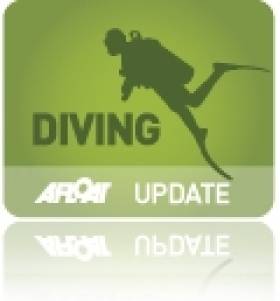Displaying items by tag: St John's Point
Diver Dies After Donegal Coast Incident
#Diving - RTÉ News reports that a man has died after a diving accident off the Donegal coast yesterday afternoon (Saturday 12 July).
The deceased, said to be in his 50s and a visitor to the area, was one of two divers who were reported in difficulty off St John's Point near Killybegs.
Bundoran RNLI's volunteer crew launched their lifeboat in response to the scene, near St John's Point Lighthouse, just after 4.30pm along with the Killybegs Coast Guard boat and the Irish Coast Guard helicopter Rescue 118.
On arrival they found that a man had been taken to shore, where he was being given CPR.
The casualty was transferred to nearby White Strand, where the helicopter could land, while CPR continued by an advanced paramedic from the lifeboat.
The man was then airlifted to Sligo General Hospital, where he later died.
His companion diver, a man in his 30s, was also transferred to the hospital.
The incident comes almost four weeks after the last diving incident in Donegal, when a man died following a rapid ascent to the surface during a dive at Malin Head.
That same weekend also saw the death of a Limerick diver at Roches Point, and since them there have been two more diving fatalities, after two men died in an incident while wreck diving off the West Cork coast earlier this month.






























































